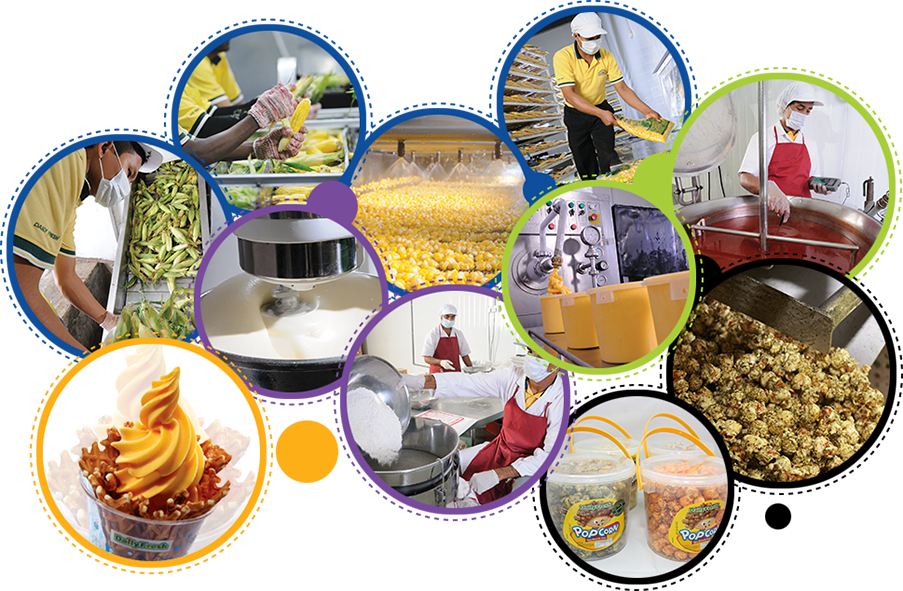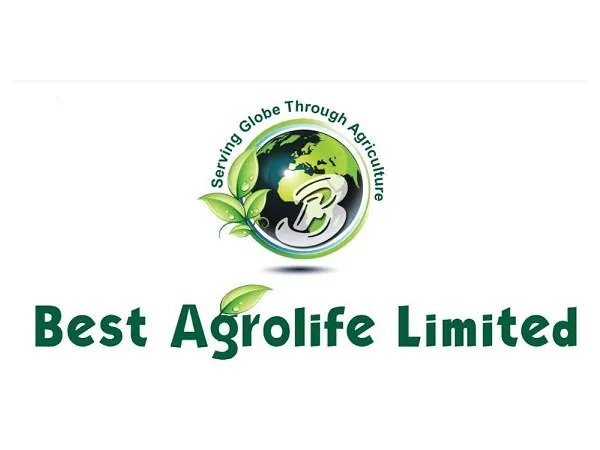ICAR-IIVR to develop new plant produces brinjal, tomato, chilli
This innovative plant, which is yet to be named, is built upon the success of previous projects such as the ‘Pomato’ and ‘Brimato’ plants
The ICAR-Indian Institute of Vegetable Research (IIVR) in Varanasi has embarked on a groundbreaking project to develop a new plant that can produce three vegetables simultaneously: brinjal, tomato, and chilli. This innovative plant, which is yet to be named, is built upon the success of previous projects such as the ‘Pomato’ and ‘Brimato’ plants. The scientists at IIVR are at the forefront of this effort to create a plant that can increase agricultural productivity and provide a more diverse range of vegetables to consumers.
Through the use of grafting techniques, a breakthrough was made with the creation of ‘Pomato’. The process involved germinating potato tubers, followed by grafting tomato plants onto the germinated potato tubers. The resulting plant grew successfully, with tomatoes growing above ground and potatoes developing below the surface. On average, a single ‘Pomato’ plant yielded approximately 3 kilograms of tomatoes and 1.25 kilograms of potatoes.
The ICAR-IIVR in Varanasi has demonstrated the dedication and ingenuity of its scientists through the successful development of the ‘Pomato’ and ‘Brimato’ plants, and their ongoing efforts to create a new triple vegetable plant using grafting techniques. These researchers are pushing the boundaries of what is possible in maximising crop yields and providing innovative solutions for sustainable food production.
This innovative plant, which is yet to






